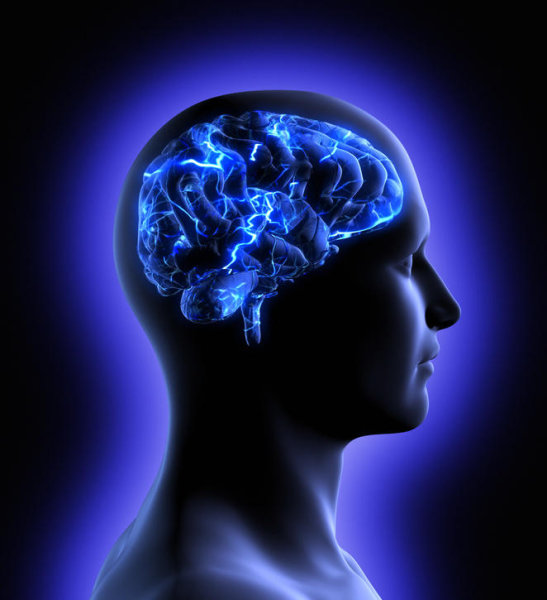Addiction Is A Disease Of The Brain and Has Many Triggers


Battling drug and alcohol addition has been described as an uphill battle. There are so many struggles that the person battling the addiction and their friends and family members who are supporting them face. The path to freedom from the addiction is like a long road that has many detours, potholes, and other stops that present one challenge after another. One challenge that many have faced is dealing with a relapse. It is important for addicts and their loved ones to understand drug triggers. But the question is, what are drug triggers?
Individuals and their family who are trying to win this uphill battle must recognize the most common drug triggers in order to avoid them. One of the most common triggers is a feeling of overconfidence. A person may get to a point where they feel like they no longer need treatment and that they can handle the situation on their own. Unfortunately, this usually leads to a relapse. Other common triggers include feeling self-pity, having unrealistic expectations, experiencing depression, expecting too much from other people, taking their recovery for granted, and different forms of dishonesty. Common drug triggers are also identified in the acronym HALT. This stands for hunger, anger, loneliness, and tiredness. The downturn of the economy in 2008 left many people feeling just like this. Even though the economy has gotten better in some ways, dealing with the effects of the devastation have left many people feeling angry, tired, and hopeless.

Individuals in the medical community are just starting to understand how addiction affects a person’s brain. It has been discovered that addiction to drugs, alcohol, and other substances is really a brain disease. It is important to note that this is a disease that comes as a result of an individual voluntarily abusing drugs, alcohol or other substances on their own. It is a self-inflicted infirmity, but it has some serious effects on the brain.
Scientists, doctors, and other individuals who have studied how addiction affects the brain have now compared it to a naturally occurring disease. Just think of an individual who experiences a health problem because they have decided to lead an unhealthy lifestyle. Perhaps they are diagnosed with high blood pressure or type II diabetes. Even though their poor choices led to a health problem, it does not mean that their body or brain is not being seriously affected. This same idea is true of alcohol and drug addiction.
Once the addiction has affected a person’s brain, the addict can no longer control their desire for the substance they are addicted to. They will do almost anything to get that substance. This underscores the importance of a person getting medical help in order to break free from their addiction. Many have turned to rehab programs and long-term recovery programs in order to help them receive the medical treatment they need to deal with this brain disease.
It is interesting to understand how drugs affect the brain. They can actually rewire the brain, seriously affecting parts of the brain that control a person’s memory, their mood, and the way they treat others. When a person uses drugs for a long period of time, their brain is going to be even more seriously affected by their drug use. Even after a person stops using drugs, the effect that the drugs had on their brain will be with them for a long time. When the medical community says that addiction to drugs rewires a person’s brain, they are speaking in a literal sense. Medical professionals have seen that drug addiction creates new neural connections in the brain. This seriously affects a person’s memory.
It is not uncommon for those in the medical community to compare individuals who are dealing with addiction to having their brain hijacked. Since the brain has been taken over, or rewired, the main goal that the individual focuses on is getting more of that particular drug. All of their thoughts and all of their energy is focused on that one thing.
Dealing with addiction to drugs is in some ways like dealing with other health problems. If a person is going to recover, they need to take responsibility for their actions. The fact that a person’s brain has been changed shows that they may not be able to completely change on their own. This underscores the importance of a person getting help when they are dealing with addiction. They must be willing to take steps to recover. This will involve understanding drug triggers, navigating labels in recovery, and seeking help from professionals who understand addiction.
